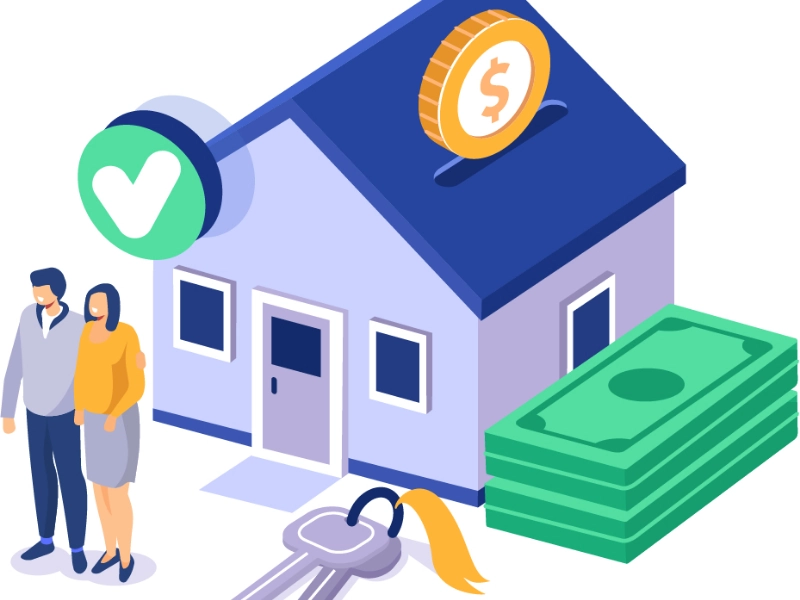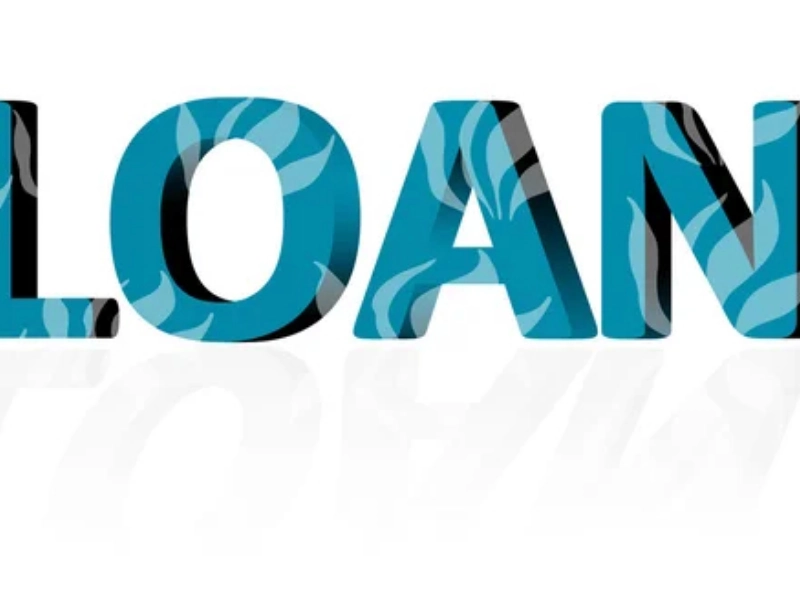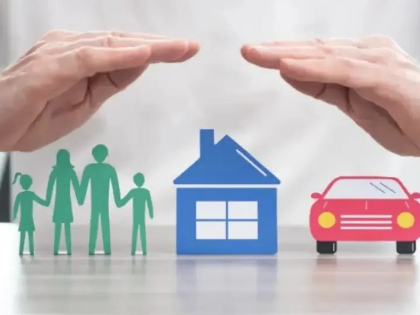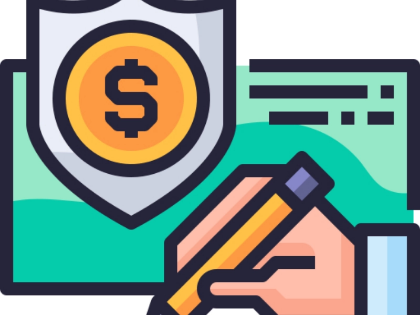Along with adhering to the other loan requirements, you will still be responsible for paying property taxes, homeowners insurance, and maintenance expenses. And when your house sells, you or your heirs will eventually have to pay back the reverse mortgage debt.
Get Rid of Monthly Mortgage Interest

You can access your home equity with a reverse mortgage without having to sell or refinance. After closing, the money can be given to you as a lump sum, as a line of credit that grows over time, or as monthly installments that can also be used to augment your income.
These tax-free contributions have no bearing on your Medicare or Social Security benefits. Nonetheless, homeowners who have a reverse mortgage still have bills to pay, such as real estate taxes and homeowner's insurance.
Proceeds from a reverse mortgage may also be able to keep you from having to sell a sentimentally valuable family home. If you would like, your loved ones can inherit the property from you, but they will have to take over the mortgage payments and other costs by either purchasing the loan from the lender or signing on as co-borrowers. They can feel more at ease knowing that, in the event that you require long-term care or die away, they won't be responsible for repaying the loan.
Get Cash

In addition to eliminating your monthly mortgage payment, a reverse mortgage might give you a new stream of income when you retire. By doing this, you won't need to sell your house or make extra investments, and it can help you complement other income sources like Social Security and pensions.
However, remember that you and your spouse are still in charge of paying property taxes, homeowners insurance, and HOA dues. If necessary, you could also need to make repairs to your house. Furthermore, although the loan is regarded as a lump payment rather than income, you will still be obligated to repay the debt in the event that you relocate, sell your home, or pass away.
You are not required to repay the funds from a reverse mortgage until you sell your property, move out permanently, or pass away, in contrast to a home equity loan or line of credit. This is a big advantage that might help you feel more at ease. To go over your eligibility and payment schedule for this kind of loan, you should speak with a housing counseling organization that has been approved by HUD.
Make home upgrades.

A reverse mortgage may enable you to make desired or essential home modifications in addition to letting you remain in your current residence. You should carefully consider the benefits and drawbacks of this kind of loan, though. Reverse mortgages might be more expensive than other financing choices, so they're not suitable for everyone. Remember that when you or your heirs sell the house, the reverse mortgage must be paid back.
A reverse mortgage can be obtained with no proof of income or job, unlike a regular mortgage. However, when interest and other costs are added to the debt, the loan amount grows over time. Property taxes, homeowner's insurance, and homeowner association dues (if any) must still be paid. A reverse mortgage may also have an impact on your ability to receive Medicaid and SSI benefits, as these programs are means-tested. Before obtaining a reverse mortgage, discuss any concerns you may have with a HECM counselor or your Medicaid or SSI caseworker.
Assist your family.

For homeowners who have a considerable amount of equity in their homes and are at least 62 years old, reverse mortgages can be a useful financial instrument. They aren't suitable for everyone, though. Prior to deciding to obtain a reverse mortgage, it's critical to comprehend all associated fees and have a trusted counselor go over your possibilities.
A home equity conversion mortgage, or HECM, is the most popular kind of reverse mortgage. The Federal Housing Administration backs this loan, which can be obtained from authorized lenders. Borrowers must finish a course with a counseling agency that has been approved by HUD before closing.
It's also crucial to remember that a reverse mortgage may restrict your future alternatives. For instance, if you have a reverse mortgage, you might find it difficult to sell your house, move into a nursing home, or relocate to be closer to family. This is due to the fact that, in order to safeguard the lender's investment, a HECM mandates that you maintain current homeowner's insurance and property taxes.
Recommended Reading: Claims of Harassment and an Unfriendly Work Environment
























Leaves room for graceful rollback.
A polished minimal core.